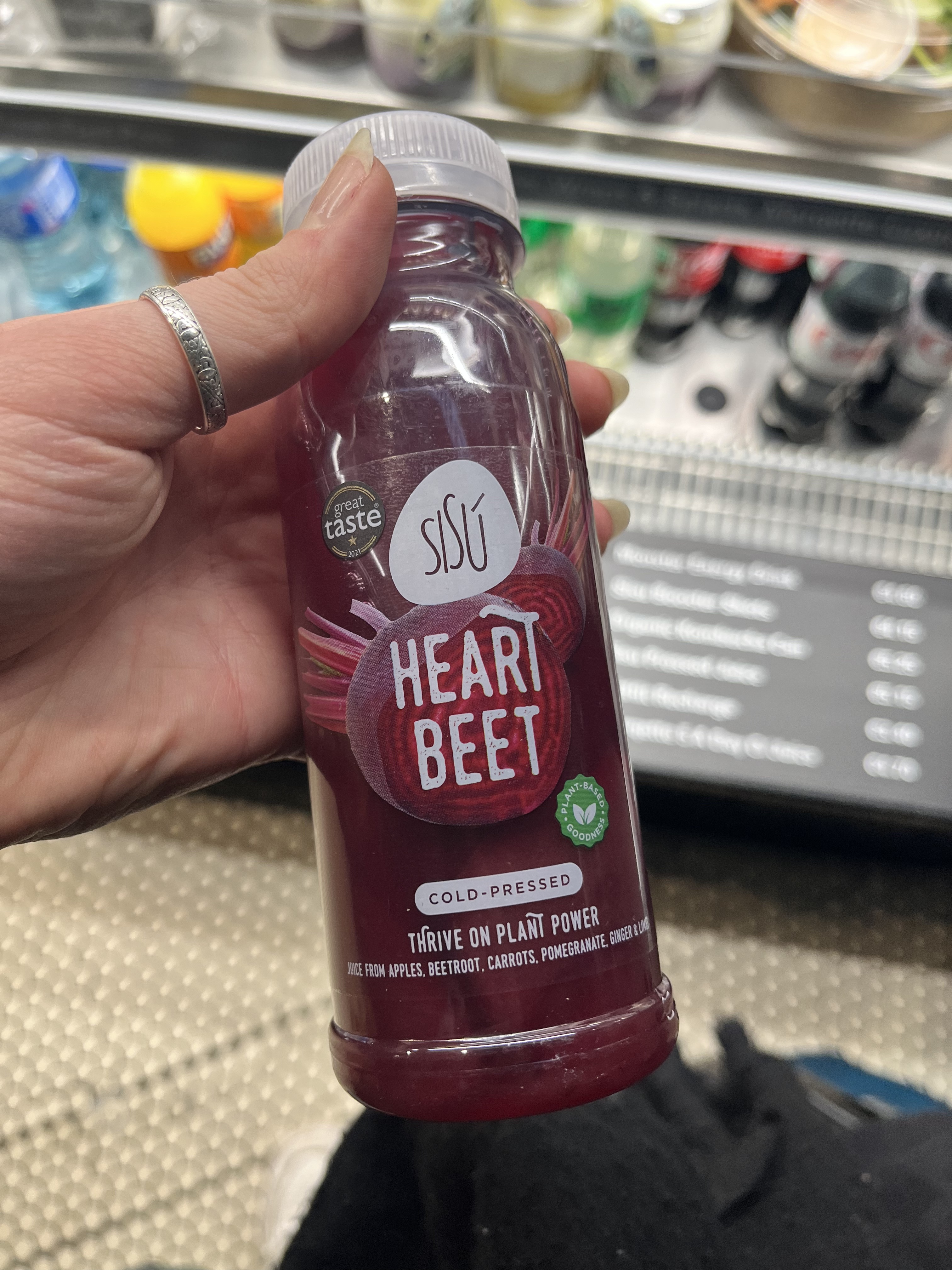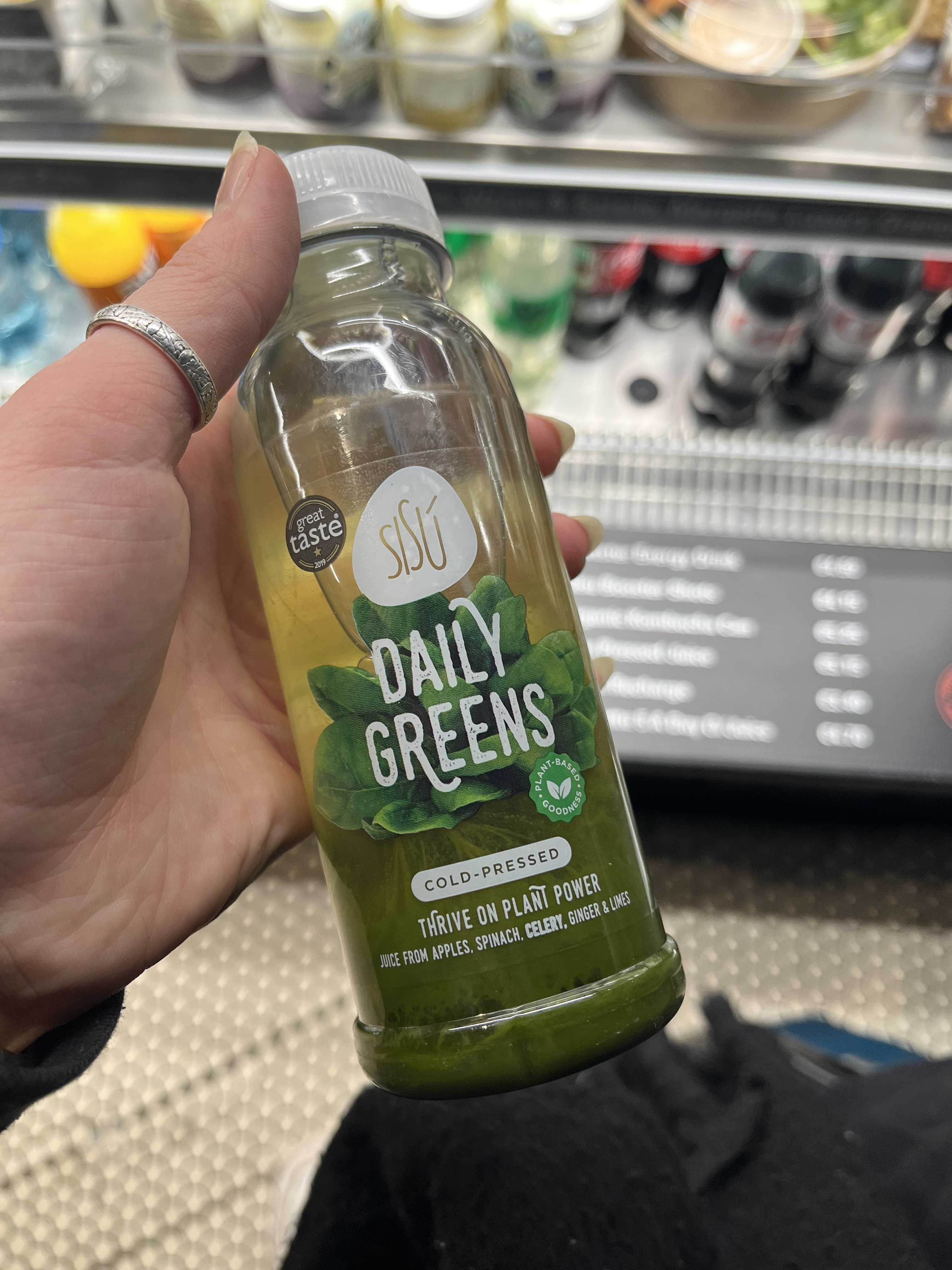The Dangers of Juice Cleansing
Juice cleanses have been advertised for decades as a quick way to drop the last few pounds or wash away a weekend of drinking. They are used to rid the body of excess weight for a special occasion or to cleanse the body of unnatural toxins and have been viewed largely as a healthy and easy alternative. They are promoted in the media by celebrities and diet companies as a "natural way" to fix your health and get back on the right track to a nourished body.
However, what many of us do not know is that juice cleanses can be very dangerous and can actually lead to many unwanted health problems. These health problems range from blood sugar spikes to dehydration and, in the worst case, kidney failure. While promoted as a good way to get in those extra vitamins, juice cleanses can actually disrupt brain function and reduce muscle mass due to the lack of protein and fats present. You may be questioning whether juice cleanses are really worth all the hype they receive. But where did the hype come from?

Apple, Beetroot , Carrot, Pomegranate, Ginger, and Lemon Juice. Image Credit: Áine Friel
The rise of juice cleanses began in the late '80s and early '90s. Celebrities promoted it as a way to lose weight fast and get the body of your dreams within days, while failing to mention the mental and physical strain it can put on you. Additionally, the diet industry has made juice cleansing one of their top go-to strategies in terms of weight loss, creating a sense of stability and relief for those who want a quick fix to their weight and health issues. Advertisements created by the diet industry claim that the benefits include weight loss, increased gut health, removal of toxins, and an influx of rich vitamins to keep your body happy and healthy.
While a juice alongside a solid meal can provide those extra vitamins your body craves, a cleanse alone, especially over the course of a few days to a week, can actually leave your body in a state of malnourishment. Through the process of juicing fruit, fiber is stripped, which can then lead to constipation. Furthermore, the lack of calories can lead individuals to feel fatigued, experience headaches and dizziness, and leave room for cravings. With that being said, there are healthy ways you can go about incorporating juices into your everyday lifestyle to receive the benefits your body may be lacking.

If you feel you are lacking vital nutrients, incorporate juices alongside solid meals that contain healthy fats, fibers, and proteins. For example, pairing a green juice (composed of cucumber, green apple, spinach, etc.) alongside a chicken caesar salad is a perfect combo for a happy and healthy microbiome that will keep you satiated for a couple hours. If you want a more filling juice (composed of a nut milk of your choice and foods that include protein and healthy fats, such as peanut butter and dates, etc.), pairing a slice of avocado toast should do the same trick! Just ensure that you are eating something solid with your juices, as the process of chewing “activates several brain regions that are essential for cognitive processing, including the hippocampus and prefrontal cortex.” This is why it is so important to ensure that you're not replacing your meals with liquid items.
Drinking juices is not bad, it can be beneficial in many ways! However the act of cleansing becomes dangerous when it completely replaces any sufficient solid food.





